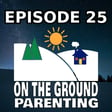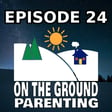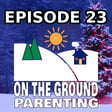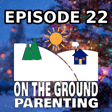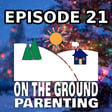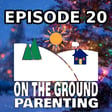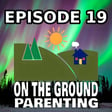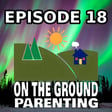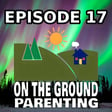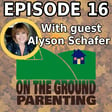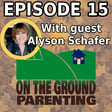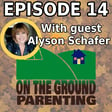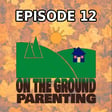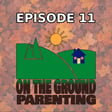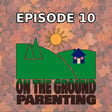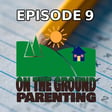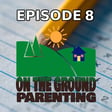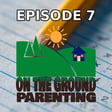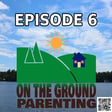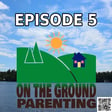
Firm and Friendly Parenting: Ain't Misbehavin' With Guest Alyson Schafer, Part 1
Welcome to Episode 13 of On the Ground Parenting and the first part of our multi-episode run with our special guest, Alyson Schafer! Alyson is a celebrated family counselor, international author, and expert in Adlerian psychology. The hosts, Sandy Inkster and Samantha Ennest-Wallis, explore the core of effective parenting, challenging the notion that there's "no manual for raising kids".
Alyson introduces Adlerian psychology as a "firm and friendly" parenting approach—a middle ground that respects both the child and the parent. She explains that this philosophy, pioneered by Alfred Adler, is evidence-based and counters the extremes of autocratic (firm without friendly) and permissive (friendly without firm) styles.
The hosts share highly personal moments, discussing the challenge of overcoming shame and embarrassment when a child's behavior isn't ideal. Alyson shares her experience having children with 36 late-slips her first year of school, but explains that this was part of a long-term plan to teach her kids punctuality and responsibility. The episode reinforces that parenting is an opportunity for personal growth, pushing every button a parent has and revealing where they are most vulnerable. The conversation concludes with the hope that, through intentional practice, respectful parenting will become easier and more natural with each passing generation.
Connect with Us
Find Alyson's books, podcast, and free resources at alysonschafer.com.
If you enjoyed this episode and want to sponsor or support the show, or even ask a question of our hosts, visit the Central Hub at linktr.ee/onthegroundparenting.
On the Ground Parenting is a production of Muskoka Family Focus's Parent Education Program. The podcast is produced, engineered, and published by Red Juice Studio.
